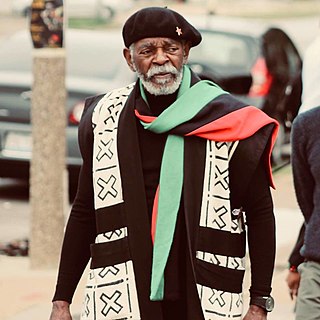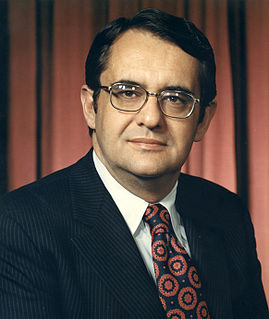Цитата Омали Йешителя
Полиция становится необходимой в человеческом обществе Только на том стыке человеческого общества, Где оно разделено между теми, у кого есть, и теми, у кого его нет.
Связанные цитаты
Дух ориентированного на производство, жадного до товаров общества таков, что только нонконформист может в достаточной мере защитить себя от него. Те, кого всерьез интересует любовь как единственный рациональный ответ на проблему человеческого существования, должны, таким образом, прийти к заключению, что необходимы важные и радикальные изменения в нашей социальной структуре, если любовь должна стать социальным, а не в высшей степени индивидуалистическим явлением. маргинальное явление.
Таково безжалостное развитие человеческого общества, теряющего жизни и души на своем пути. Это океан, в который погружаются люди, изгнанные законом и обреченные на нравственную смерть с помощью, которой им самым жестоким образом отказывают. Море — это безжалостная социальная тьма, в которую карательная система бросает тех, кого она осудила, неизмеримая трата нищеты. Человеческая душа, потерявшаяся в этих глубинах, может стать трупом. Кто оживит его?
Я думаю, что наше общество раздроблено. Сообщения о человеческой сексуальности всегда были неоднозначными в Америке. Мы шизофреническая нация. Изначально нас основали пуритане, которые избежали репрессий только для того, чтобы основать свои собственные. Потом отцы-основатели дали нам Конституцию, чтобы отделить церковь от государства. Но единственное, что не учитывалось во всех этих законах, — это человеческая сексуальность.
Общество действительно является договором. Это партнерство во всей науке; партнерство во всем искусстве; партнерство во всех добродетелях и во всем совершенстве. Поскольку цели такого партнерства не могут быть достигнуты через много поколений, оно становится партнерством не только между теми, кто живет, но и между теми, кто живет, теми, кто умер, и теми, кто должен родиться.
В каждом человеческом обществе, о котором у нас есть записи, есть те, кто учит, и те, кто учится, ибо обучение образу жизни подразумевается во всей человеческой культуре, какой мы ее знаем. Но отделение роли учителя от роли всех взрослых, вводивших молодежь в привычное поведение группы, было изобретением сравнительно поздним. Более того, когда мы находим четкое и определенное учение, в первобытных обществах мы обнаруживаем, что оно связано с ощущением редкости или ненадежности какой-либо человеческой традиции.
В некоторых центральных и важных случаях ... существование определенных властных отношений в обществе создаст видимость особого рода. Определенные черты общества, которые являются просто локальными и случайными и поддерживаются в существовании только благодаря постоянному применению власти, станут казаться универсальными, необходимыми, неизменными или естественными чертами всех форм человеческой общественной жизни, или как если бы они возникли спонтанно и непринужденно, в результате свободного человеческого действия.
Страна» и «город» — очень сильные слова, и это неудивительно, если вспомнить, как много они обозначают в опыте человеческих сообществ. В английском языке «страна» — это и нация, и часть «земли»; «страна» может быть всем обществом или его сельской местностью. В долгой истории человеческих поселений эта связь между землей, на которой мы все прямо или косвенно живем, и достижениями человеческого общества была глубоко известна.
Между теми, кто хотел бы разбогатеть, всегда существует напряженность, и они вносят большой вклад в общество. Есть и те, кто говорит: «Я верю в общее благо». Я хочу, чтобы это было увеличено. Они много делают для общества. Напряжение, полемика между этими двумя точками зрения чрезвычайно важны для нашего прогресса.
Я никогда не говорил, что человеческое общество должно быть аристократическим, но гораздо больше. То, что я сказал и до сих пор верю со все возрастающим убеждением, состоит в том, что человеческое общество всегда, хочет оно того или нет, аристократично по самой своей сущности, до такой степени, что оно является обществом в той мере, в какой оно аристократично, и перестает быть таковым, когда перестает быть аристократическим. Конечно, я говорю сейчас об обществе, а не о государстве.
































